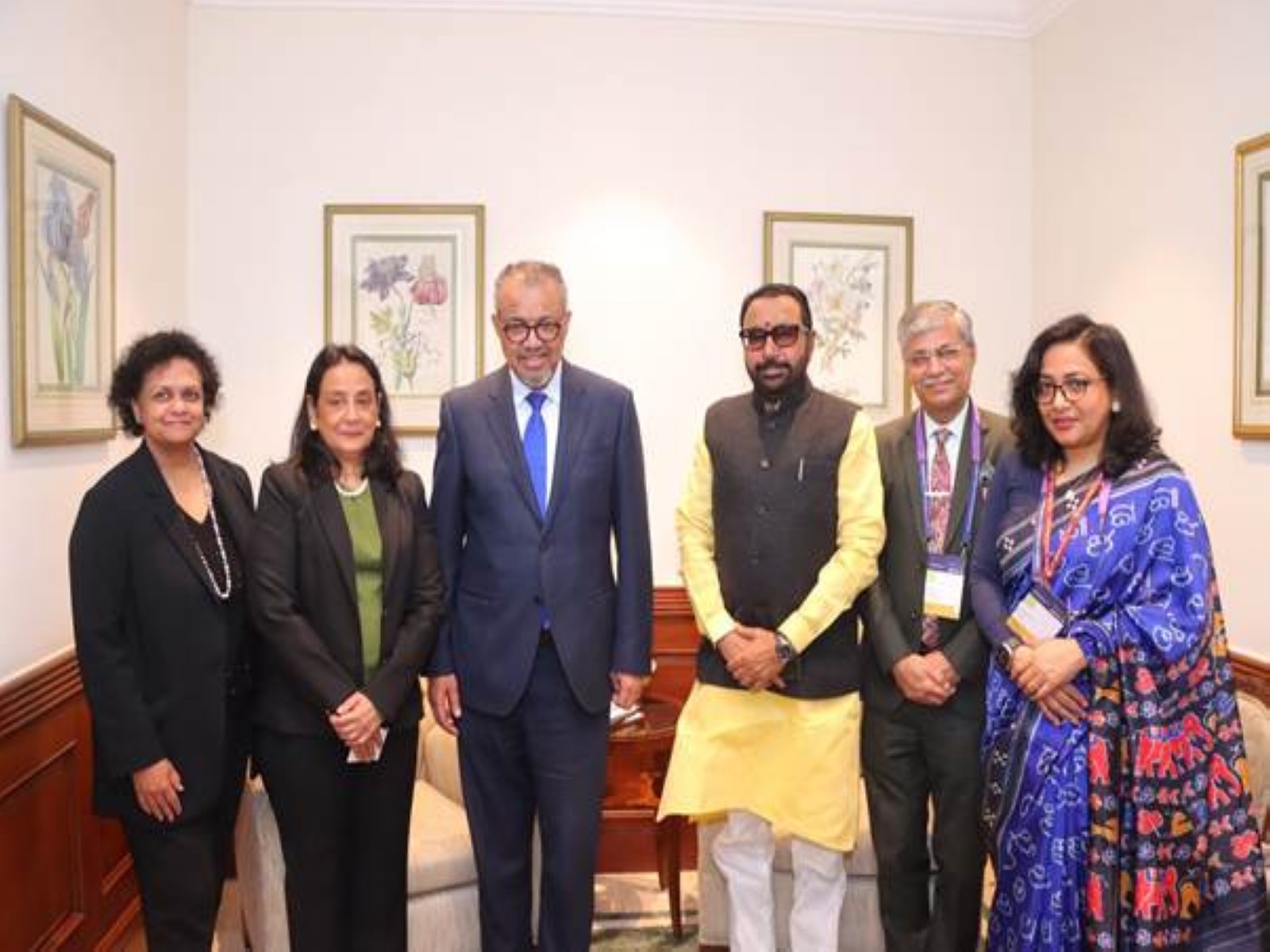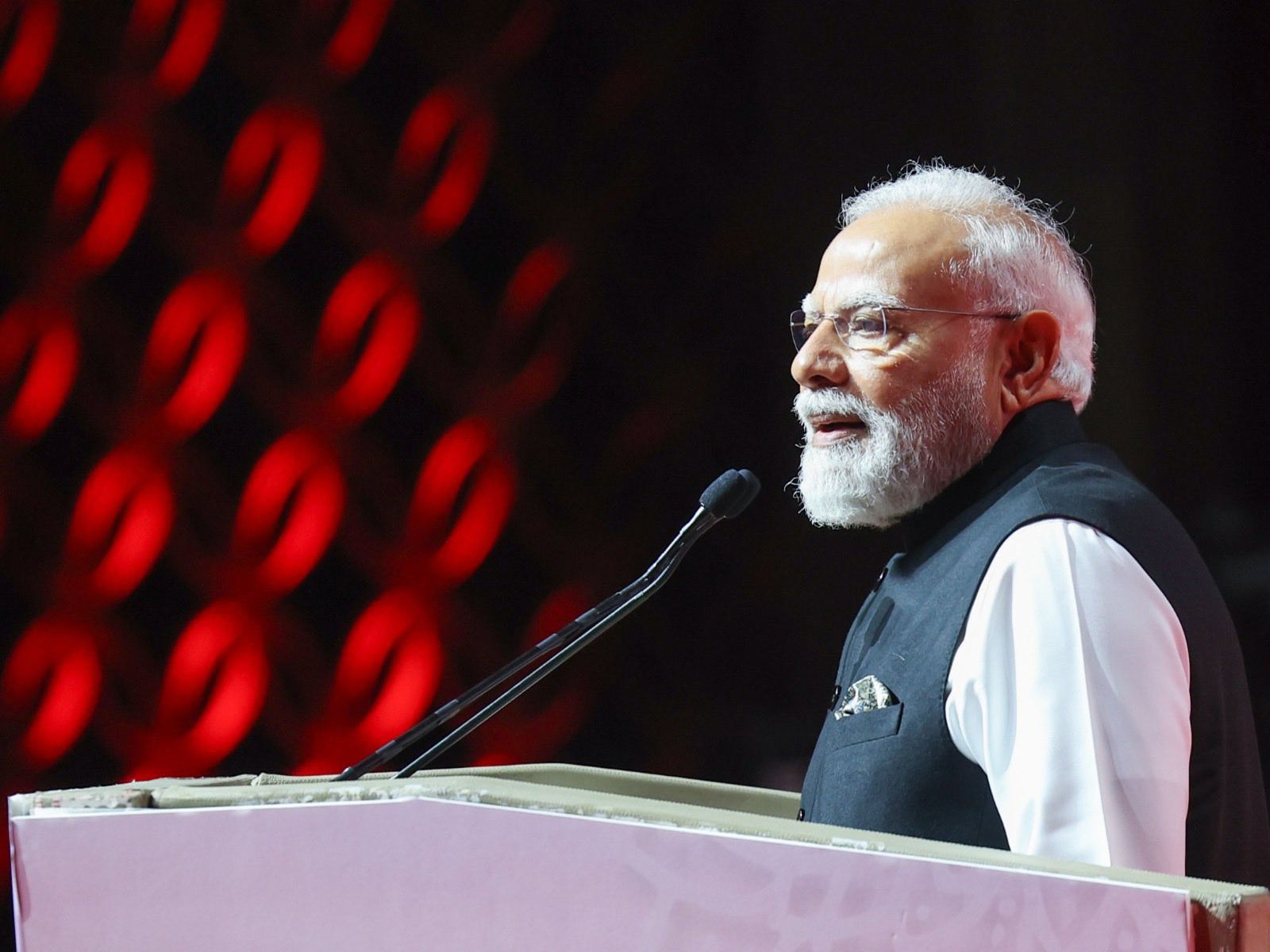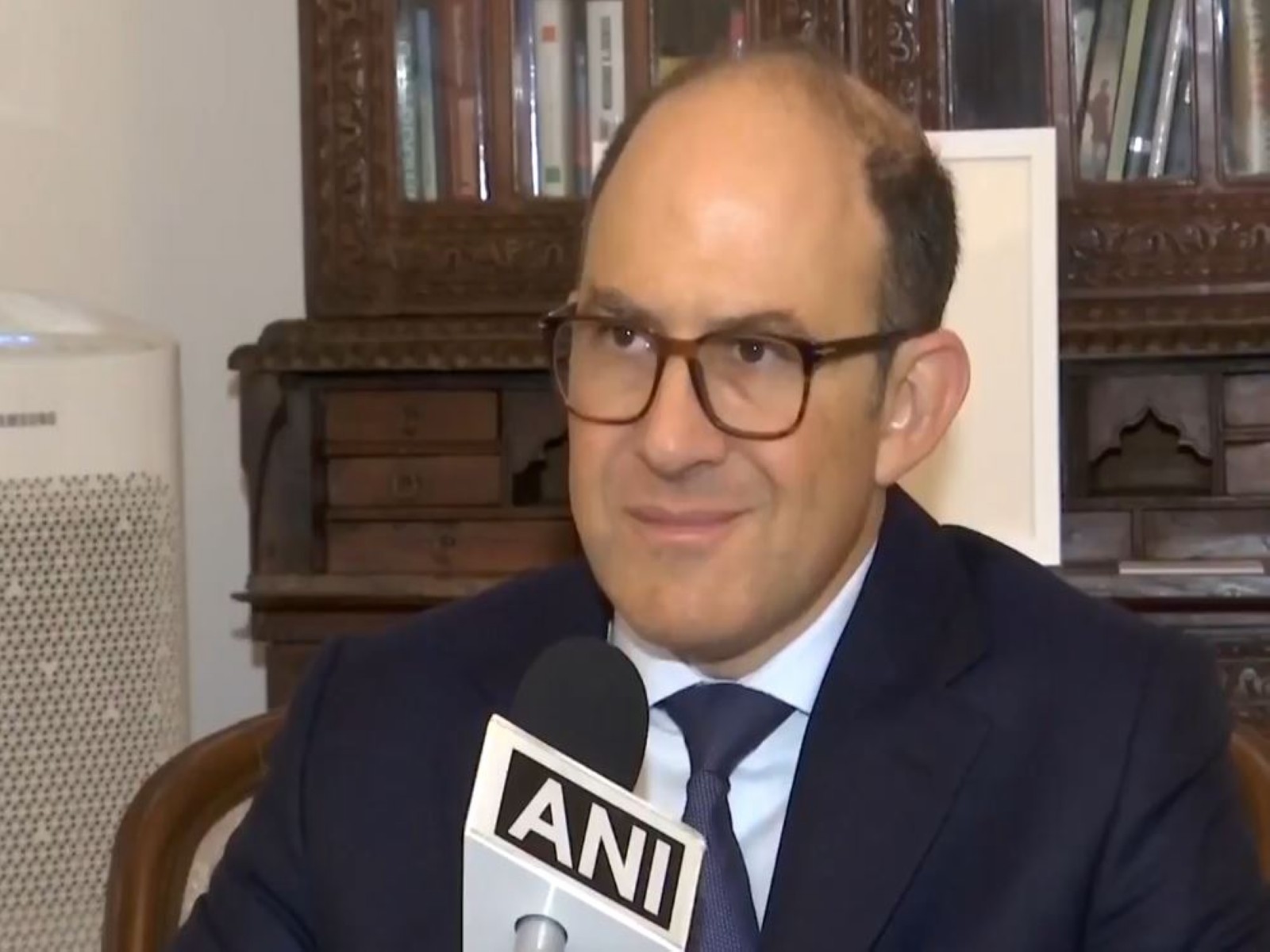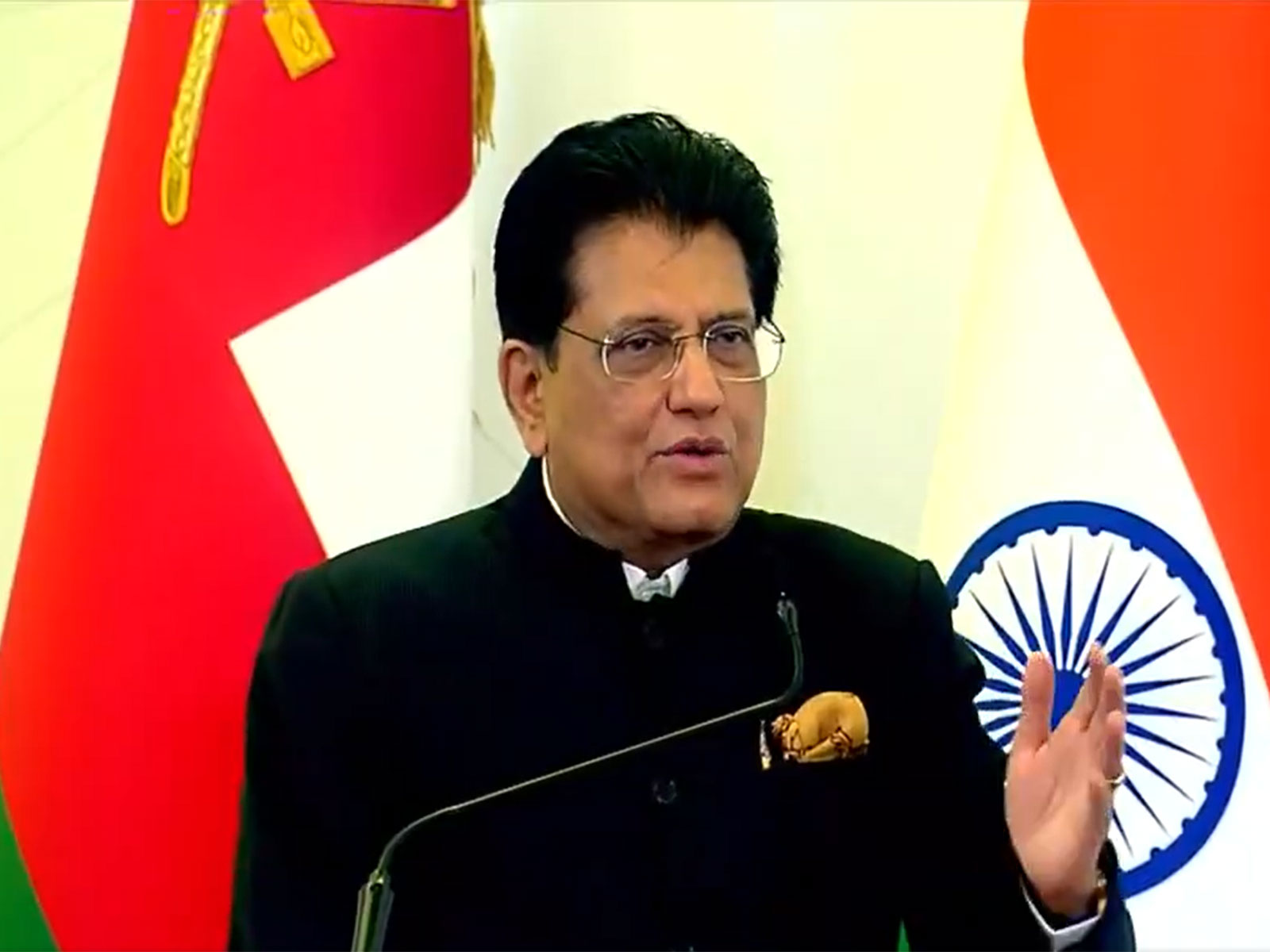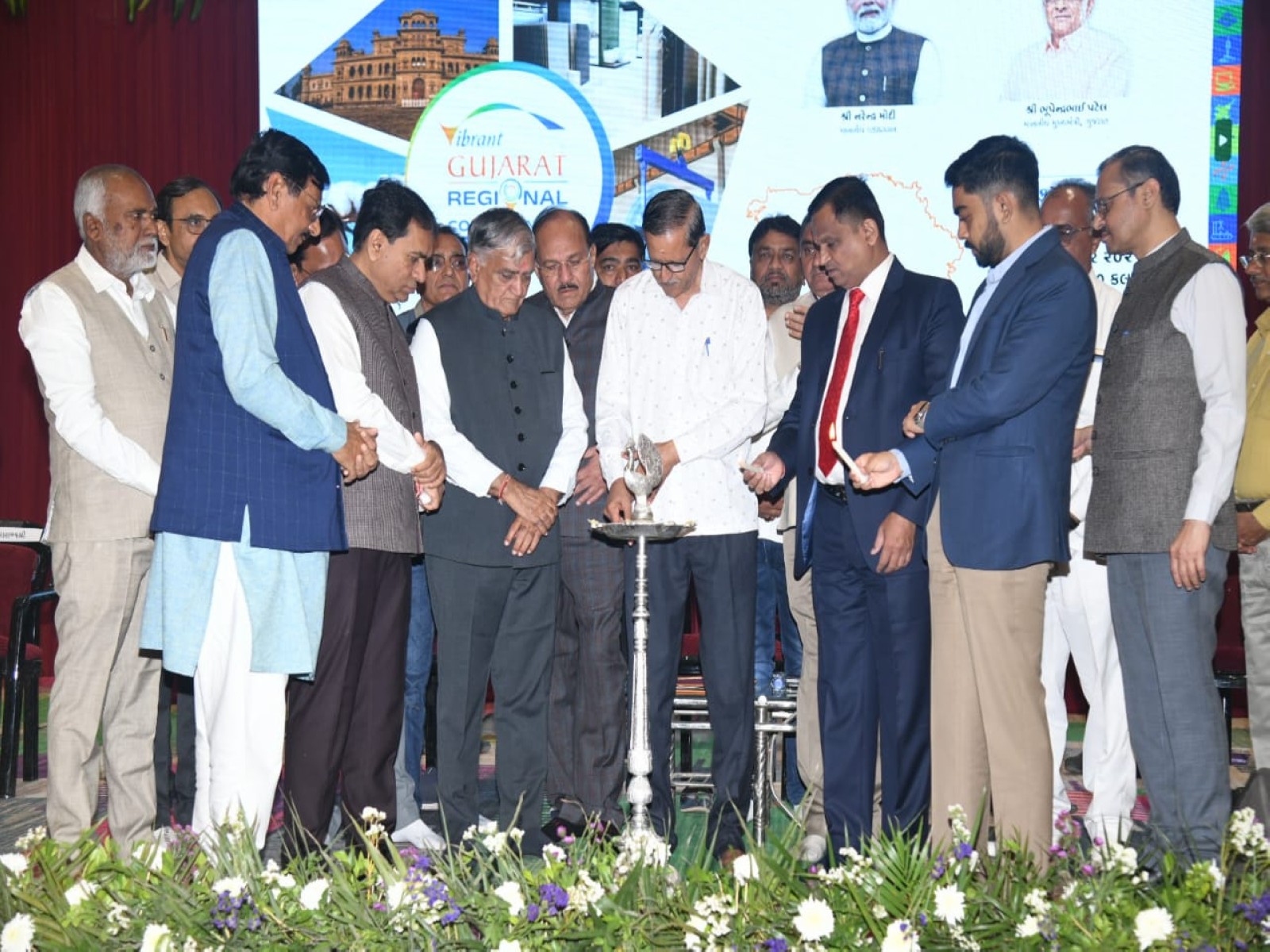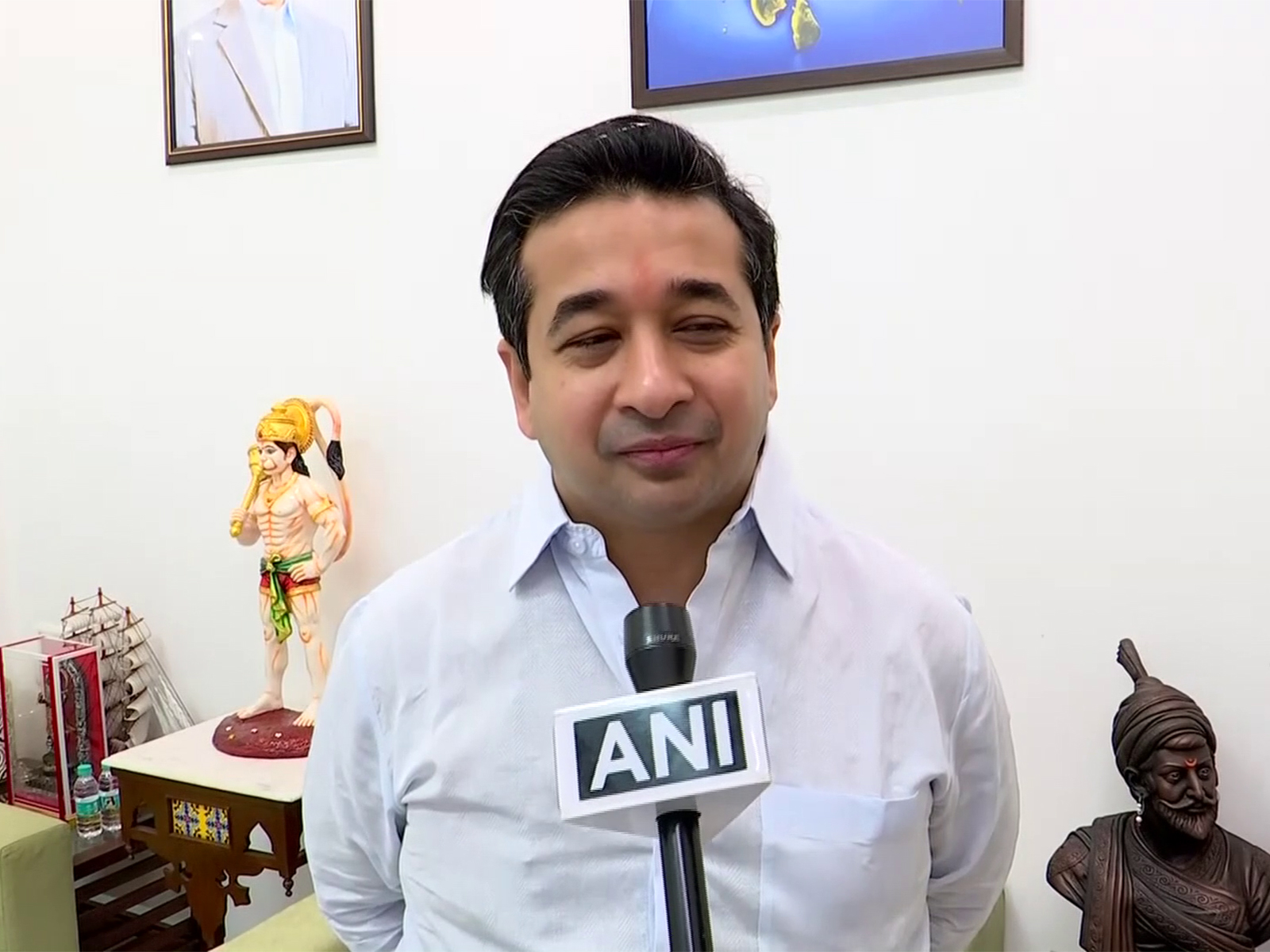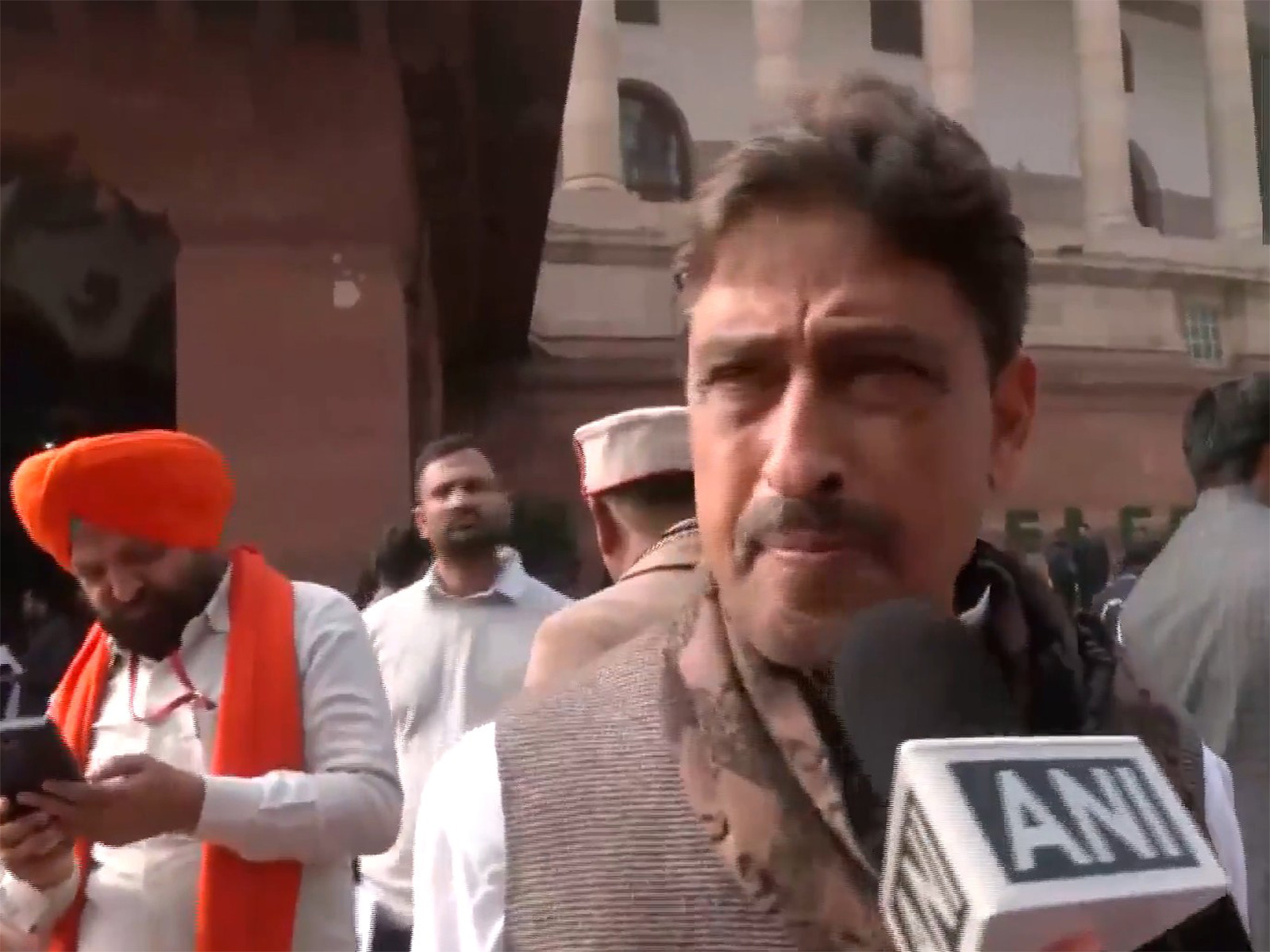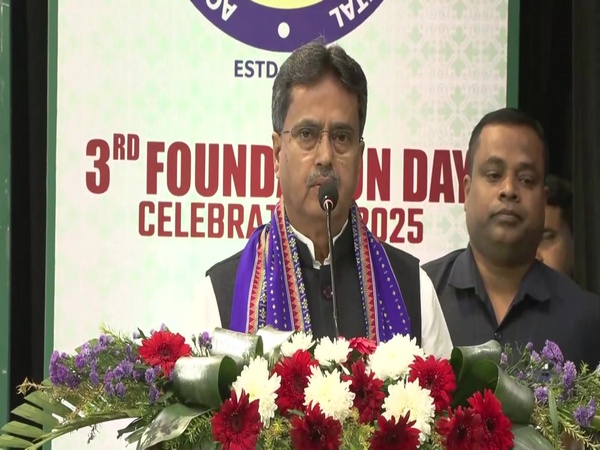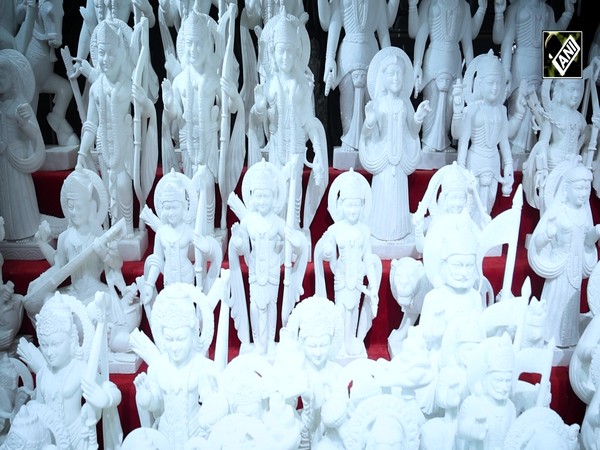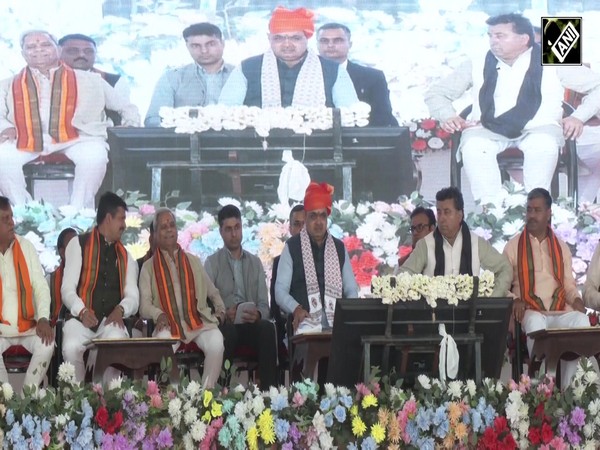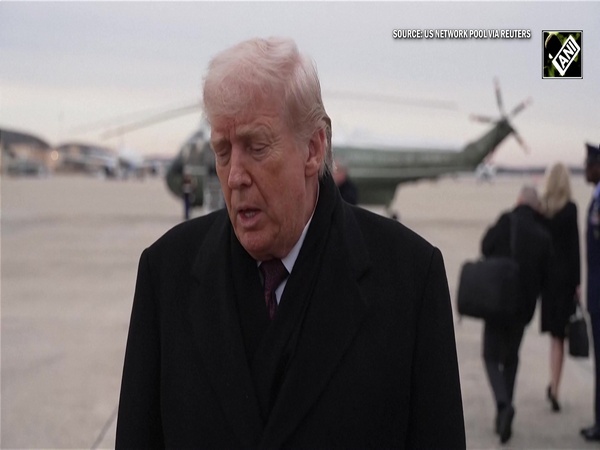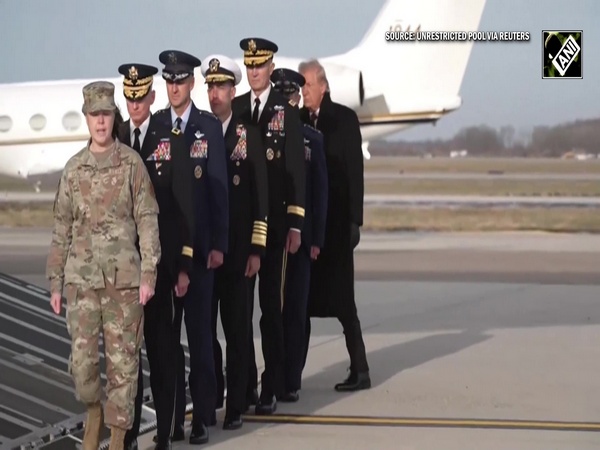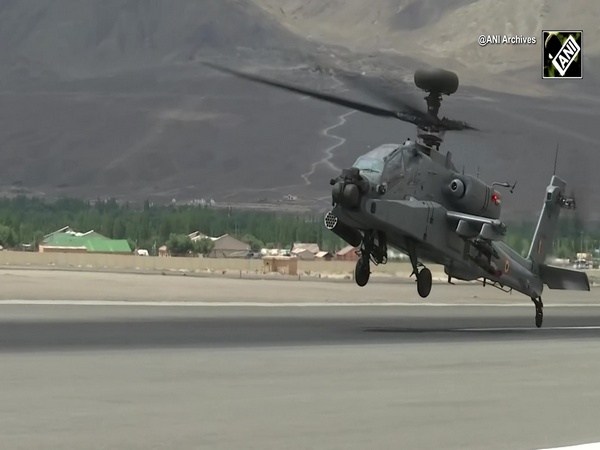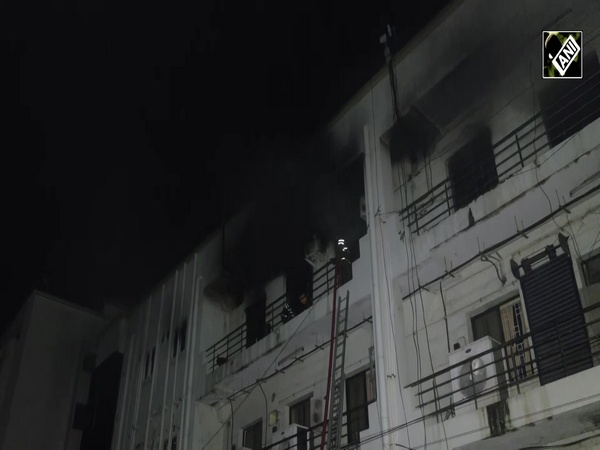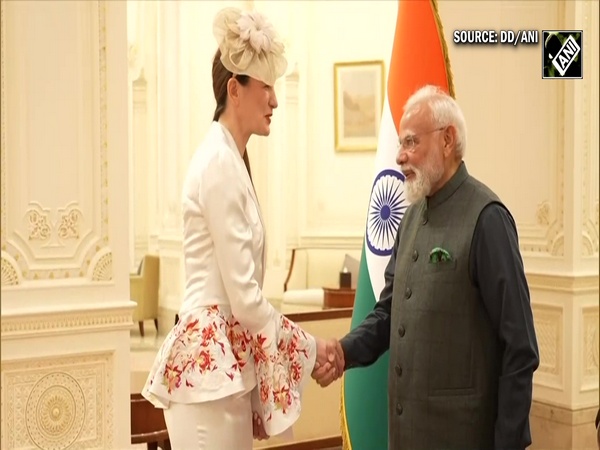Myanmar faces resurgence of COVID-19 infections amid military crackdown, national strikes
Jul 02, 2021

Naypyitaw [Myanmar], July 2 : Myanmar, which is reeling from a brutal military crackdown and crippled by a month-long national strike, is also grappling with a sharp increase in COVID-19 cases, owing to the military's neglect of the raging pandemic following the February coup.
According to the New York Times (NYT), the COVID-19 positivity rate has jumped to nearly 22 per cent as of Thursday due to limited testing. Health experts believe that many more cases are going undetected.
As of Thursday, as many as 20 townships in six states and regions have been placed under pandemic-related stay-at-home orders by the military. Naypyitaw and Yangon have also reported outbreaks.
In Mandalay, the second-largest city of Myanmar, all seven townships were placed under stay-at-home orders on Thursday. The six hospitals in the city that accept coronavirus patients have been filled to capacity since last week, according to a local medical charity.
However, the military regime has yet to impose lockdowns or restricting travel from areas with growing outbreaks. The ousted government in the Southeast Asian nation had acquired 3.5 million vaccines from India before the coup, but has ignored plans to prioritise vaccinations for the elderly, reported NYT.
After some shots were given to vaccinate soldiers, many doctors refused to get a second dose from the regime in protest.
As a result of the military's unwillingness to provide details about its vaccination programme, COVAX, the global vaccine-sharing programme, had to delay a shipment of 5.5 million doses in March, said Dr Stephan Paul Jost, the World Health Organization's (WHO) representative for Myanmar.
In the meantime, doctors and healthcare workers have already gone on strike to protest the coup and troops have occupied dozens of medical facilities, prompting many patients to stay away for fear of being detained or shot.
"The de facto authorities need to create an environment where people can work without fear and patients can get care without fear," Dr Jost said.
According to NYT, the town of Kalay, where soldiers fired machine guns and rocket-propelled grenades on anti-coup protesters and killing 11 people, has been hit hard by the coronavirus. Community leaders say the regime is providing little help in combating the outbreak.
The regime reports that 138 people have died nationwide from COVID-19 in the past two months, including 13 on Thursday. Lal Puia, a volunteer leader at the Ate Sut Community Center, has estimated that nearly 400 people have died in Kalay alone in that same period.
"The military government is doing nothing for Covid here so people have to take care of themselves," Lal said. "Now, the situation is very bad. Every house has COVID patients because there are not enough places to isolate."
Myanmar had suffered a major outbreak from September to January, with more than 140,000 cases and 3,100 deaths. Civilian leader Aung San Suu Kyi's health ministry, which was testing more than 20,000 people a day, had nearly contained the virus by February 1, NYT reported citing government data.
International health experts had once praised Myanmar's vaccination program. However, testing plunged after the coup, making it difficult to verify the number of cases in the country. The positivity rate has also been rising, more than doubling over the past four weeks.
